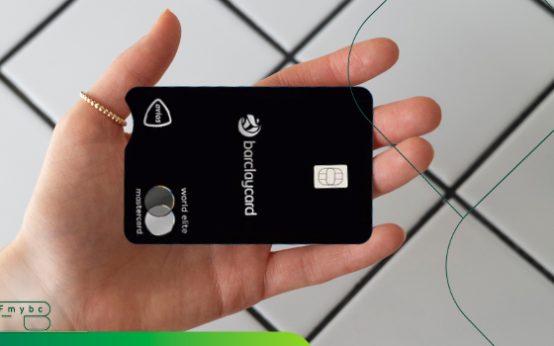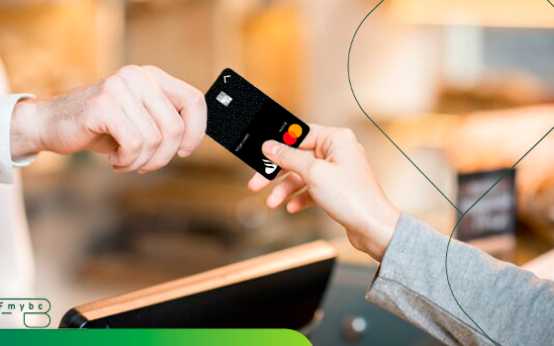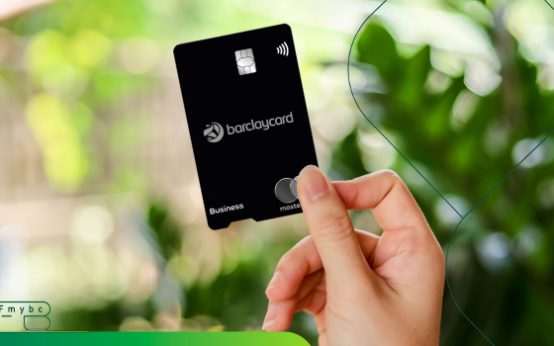When you need to make a purchase or pay a bill, credit cards can offer both convenience and the potential to save money if you’re earning back some of what you spend in rewards. At the same time, you can also use credit cards to build credit history through healthy financial habits.
While credit cards and debit cards may look similar, they work very differently. If you’re new to using credit, there are a few important credit card facts to know.
How does a credit card work?
Credit card is a payment method with a pre-established credit limit with a bank or financial institution, which loans money and allows the consumer to buy products, services and goods at establishments that accept this type of purchase.
The money you’ve already borrowed is your balance, and the amount you left to borrow is your available credit.
At the end of each billing cycle, you get a statement listing all of your purchase charges and any interest charges, besides the minimum payment due during that billing cycle.
Although you can pay the minimum payment to avoid a late fee, it’s recommended that you pay more than that if you can afford it to avoid low interest charges.
How does credit card interest work?
Credit card interest is the fee a card issuer charges when you borrow money with your credit card. But, the amount of interest will depend on the card’s annual percentage rate (APR), which is different from each card, purchases, balance transfers and cash advances. However, most credit cards have a variable APR that can change over time.
The type of transaction also determines when your card issuer starts charging you interest. Normally, cash advances start accumulating interest immediately and purchases will only charge interest if you don’t pay by the payment due date. That’s why you should pay in full for all your purchases!
How do credit scores work?
The issuers do a kind of “study” to make sure that you will be a good payer. The most commonly used credit score is the FICO score and ranges between 300 and 850. The closer your number is to the top, the better your chances of being approved for your credit card.
Your credit score is shaped by a wide range of factors such as your on-time payment history, credit utilization ratio, the age of your oldest line of credit, and number of open accounts.
Do you need a credit card?
Although a credit card isn’t a necessity, there are several ways it can help you financially:
- Improving credit: It can help you build or rebuild your credit. When you use your credit card and pay the bill on time, your credit score will go up. This can help you qualify for financing, such as a car loan or mortgage, at a low interest rate.
- Earning rewards: You can earn cash back or travel points on every purchase.
- Fraud protection: Legally, you’re only liable for up to $50 in losses if your credit card is used fraudulently. But most credit card companies go even further. Many cards offer zero-liability policies, meaning you aren’t responsible for any fraudulent charges. You also don’t need to worry about a thief draining your bank account through your credit card (which could happen if your debit card was stolen).
- Extra perks and discounts: It can offer all kinds of perks, such as extended warranty coverage on purchases or complimentary rental car insurance. Many of the best credit cards have features that can be worth hundreds of dollars or more.
How to apply for a credit card
To apply for a credit card you just need to contact the bank, show all the required documentation and wait for approval. There are several options that you can order through the bank’s website, app or, if you are more traditional, even over the phone, mail or in-person at the bank branches.
No matter which way you choose to apply, the card application process is standard. You’ll be asked to provide basic personal information,such as:
- Name
- Address
- Telephone number
- Social Security number
- Employment status
- Annual income
- List of financial obligations, including monthly housing or auto loan payments
In many cases, your online application is quickly processed, giving you an answer in a matter of seconds. Once approved, your new card will usually be mailed out to you within a week or two. Other times, the process may take a bit longer and you may receive a later decision by email, snail mail or telephone.


 Barclaycard Avios Plus – Advanced Guide and Optimisation Strategies <p style='font-size:14px;'>How to squeeze real-world value from the UK’s most flexible Avios-earning credit card using smart, practical strategies</p>
Barclaycard Avios Plus – Advanced Guide and Optimisation Strategies <p style='font-size:14px;'>How to squeeze real-world value from the UK’s most flexible Avios-earning credit card using smart, practical strategies</p>  Santander Edge Credit Card Review <p style='font-size:14px;'>The Santander Edge Credit Card offers a practical approach to everyday spending, with clear account management and digital access.</p>
Santander Edge Credit Card Review <p style='font-size:14px;'>The Santander Edge Credit Card offers a practical approach to everyday spending, with clear account management and digital access.</p>  Barclaycard Business Premium Plus — Rewards Built for Business Spending <p style='font-size:14px;'>A premium business credit card designed to support UK companies with structured spending control, flexibility, and benefits.</p>
Barclaycard Business Premium Plus — Rewards Built for Business Spending <p style='font-size:14px;'>A premium business credit card designed to support UK companies with structured spending control, flexibility, and benefits.</p>